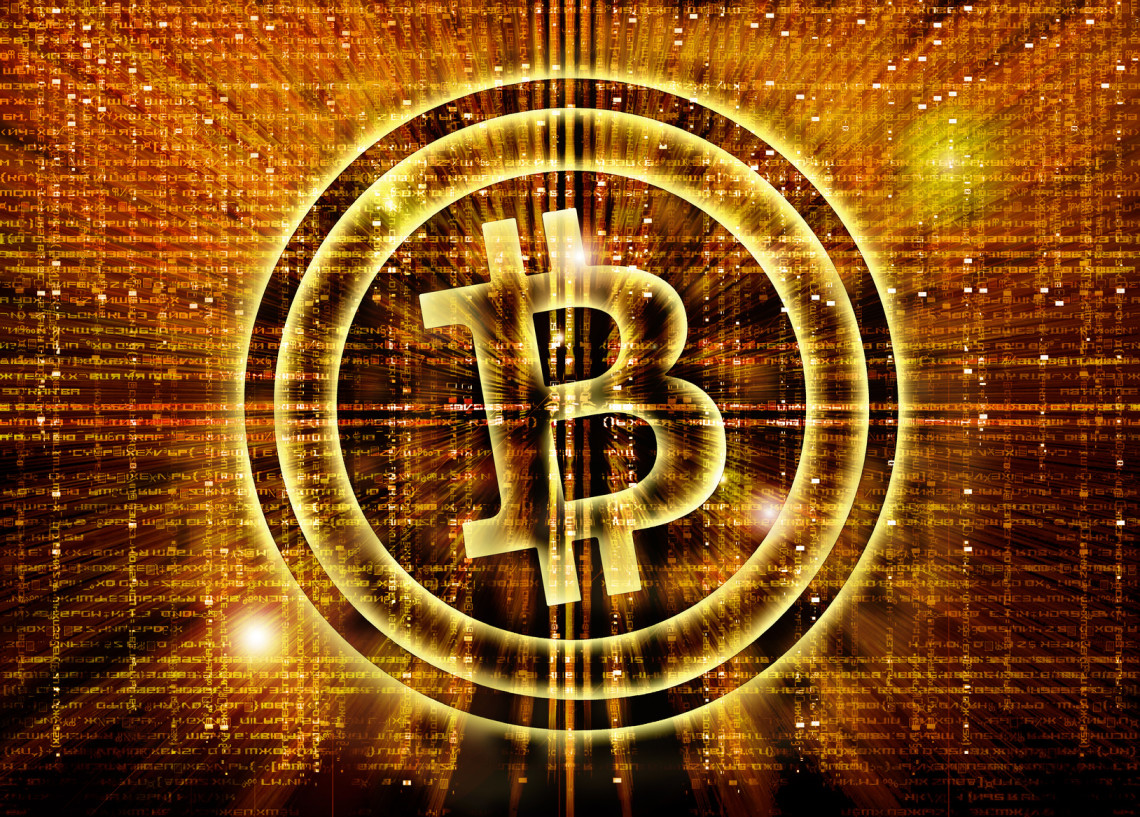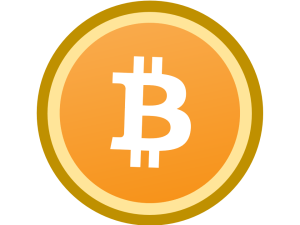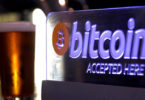Bitcoin, the decentralized, peer-to-peer digital currency, has seen increasing attention and adoption over the past few years. While its growth is impressive, the technology underlying the system – the blockchain and mining effort to confirm and validate transactions on the blockchain – is potentially even more exciting and valuable than the currency.Bitcoin mining serves a dual purpose: it creates new bitcoins to increase the money supply and simultaneously secures and verifies the blockchain, which is a public ledger of every transaction.
While this functionality serves to keep internal bitcoin-bitcoin transactions valid, it can also be used to confirm and validate external, non-bitcoin specific transactions. In other words, this enables the application of decentralized public ledgers for purposes other than digital currencies. These applications are referred to as Bitcoin 2.0 or sometimes more generally “crypto 2.0.” In other instances, they are referred to as decentralized apps or dApps. The largest and most well-established dApp system is Ethereum, an open-ended platform for the development of decentralized applications that operates independently from bitcoin. (See also: What is Bitcoin Mining?)
Here’s a short list of what some innovative and visionary companies are doing in this space, both through bitcoin’s blockchain and their own. Companies such as IBM (IBM), Samsung, Overstock (OSTK), Amazon (AMZN) and Swiss investment bank UBS (UBS) are all exploring alternative and novel uses of the blockchain for their own purposes.These developments might just disrupt the way people do business in the future. (For more, see: How Will Bitcoin 2.0 Change the World.)
Financial Applications
Taking a company public is expensive. A syndicate of investment banks must work to underwrite the deal and attract investors. Stock exchanges are needed to list company shares and allow for a secondary market to function securely with trades settling and clearing in a timely manner. By using the features of Bitcoin 2.0, companies can theoretically issue shares directly via the blockchain. These shares can then be bought and sold on a secondary market that sits on top of the blockchain. Here are some current examples:
Medici is being developed as a securities exchange that uses the Counterparty implementation of Bitcoin 2.0. The goal is to create a cutting-edge stock market that will help Bitcoin do for Wall Street what it has already begun to do for money payments. Counterparty is a Bitcoin 2.0 protocol where traditional financial instruments are implemented as self-executing smart contracts. These smart contracts are digital systems that facilitate, verify or enforce the negotiation of a contract and can eliminate the need for a physical document. This removes the risk of what and need for an intermediary, such as a broker, exchange or bank. (For more, see: Medici, the Blockchain Stock Exchange.)
Coinsetter, a New York-based bitcoin exchange, is working on Project Highline, a method of using the blockchain to settle and clear financial transactions in T+ 10 minutes rather than the customary T + 3 or T + 2 days.
Lighthouse is a Bitcoin 2.0 implementation of all-or-nothing crowfunding that is similar to Kickstarter but done in an entirely decentralized manner without a central company running it.
Augur is a decentralized prediction market that will allow users to buy and sell shares in anticipation of an event with the probability that a specific outcome will occur. This system can also be used to make financial and economic forecasts based on the “wisdom of crowds.”
Bitshares are digital tokens that exist on the blockchain and reference specific assets such as currencies or commodities. These token holders may have the unique feature of earning interest on commodities, such as gold, silver and oil, as well as dollars, yuan, euros and currency instruments.
Non-Financial Applications
Gems is a social messaging system based on the blockchain that allows users to safely and securely send encrypted messages worldwide.
Proof of Existence is a simple web-based service where creators of documents, media and other digital files can be anonymously and securely prove their authorship. It acts as a virtual time-stamp or copyright, allowing creators of intellectual property to easily validate that they were the original owner/creator of the work.
Storj has developed a platform for distributed, encrypted cloud storage based on the blockchain. People with unused Internet bandwidth or hard drive space can give the excess to those looking to store large files in return for bitcoin micropayments using Stork’s driveshare service.
Colored Coins is an open platform for tagging or coloring fractions of a bitcoin so that they refer to a unique identifier. For example, by creating a colored coin to refer to a contract or asset—also referred to as smart property—the platform can provide proof of ownership, allowing for easy transfer of ownership. Colu and Coinprism are two companies building specialized wallets for colored coins.
Factom is a simple extension of the Bitcoin blockchain that lets people build faster, cost effective applications. The service takes a large number of hashes on the blockchain and turns them into a single periodic hash, which fixes the potential problem of bloating the blockchain. The company plans to use its technology to allow the blockchain to act as a land title registry and simplify record management for all sorts of businesses and governments.
Spells of Genesis is touted as the world’s first mobile game to utilize the blockchain. The company lets players trade blockchain-based cards, build decks and compete against other players.
Block Verify is using the blockchain in an anti-counterfeiting application to prevent fake pharmaceuticals from entering the market. This is a big problem that hurts both the economy as well as people who need medicine. The company also plans to expand into the luxury items and gems markets. ChainLink is another anti-counterfeiting application that uses colored coins to prevent faked luxury goods, such as handbags and watches, from entering the market. The service makes secondary markets such as eBay (EBAY) and Craigslist safer by adding a layer of trust.
ArteQuesta, a company specializing in art as an investment, has announced using the blockchain to store a work of art’s provenance and authenticity.
OneName uses blockchain technology to verify a person’s identity by allowing people to send and receive personal or sensitive information safely and securely. This can be used to prove identity for social media sites, networking or legal reasons.
SkuChain plans to use the DogeCoin blockchain—a popular ‘altcoin’ similar to bitcoin—to streamline and secure supply chains and tracking goods as they flow from manufacturers to points of sale.
Filament, a developer of the industrial Internet of things (IoT), has announced planned uses of the blockchain to help IoT-connected devices securely and efficiently communicate with each other.
Namecoin is an altcoin with a blockchain intended to be used as a decentralized Internet domain name registry, or DNS service, as an alternative to the current system. Currently, namecoin supports the .bit top-level domain name suffix.
BitCongress is one of a handful of startups using the blockchain as a fraud-proof and secure voting system for elections of all sizes. Its platform allows users to create elections for legislation or for candidates. Votes can’t be tampered with or altered and may be viewed transparently, yet anonymously.
The Bottom Line
Bitcoin 2.0 applications are innovative, visionary,and exciting. The wide variety of uses for the blockchain are sure to disrupt the way people conduct finance and do business throughout other sectors of the economy. Decentralized, peer-to-peer networking means there is no central authority or overseer of the system. While this has many advantages, such as being extremely cost-effective, super secure, robust and efficient, it may also lead to regulatory challenges from governments, lobbyists and industry groups who fear that such disruptive change may hurt their businesses.
Source : http://www.investopedia.com/articles/investing/042015/bitcoin-20-applications.asp
Click on the bitcoin logo below to buy, use or accept bitcoin. Unocoin is India’s most popular bitcoin wallet.
To read the bitcoin white paper, visit: https://bitcoin.org/bitcoin.pdf








